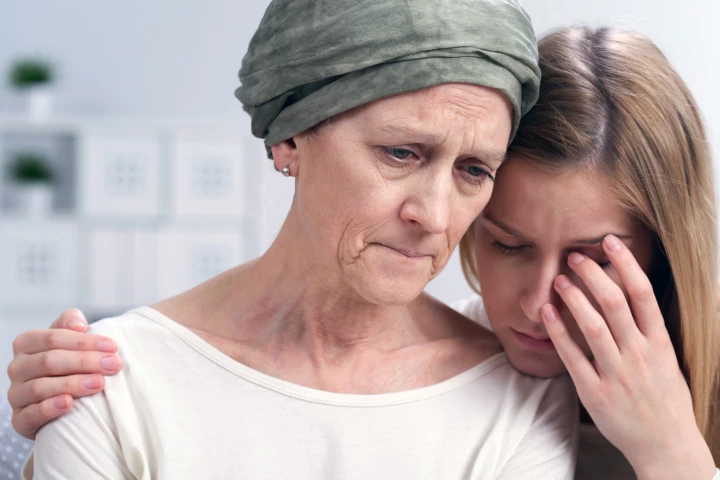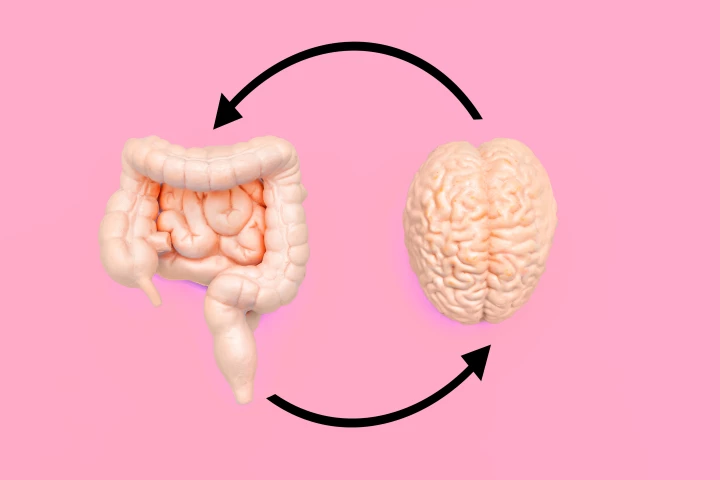Anxiety
-
For the first time, scientists have uncovered a distinct biological process triggered in those who suffer from high levels of Monday anxiety, resulting in chronic stress. And it can lead to serious health problems if it's left unmanaged.
-
Water-based exercise not only improved muscle strength in people with chronic low back pain, but it also improved quality of life, according to a new study. Aquatic therapy could be a viable alternative for those who fear moving or exercising due to pain.
-
A single psilocybin dose can significantly reduce depression in people with cancer for up to two years, according to a new study. While the study has limitations, it demonstrates the potential of psychedelic therapy in the context of cancer.
-
A new study has found that diet-driven weight gain triggers impaired cognitive functioning an symptoms of anxiety, adding to the growing body of evidence that there's an intrinsic biological link between our gut health and our mental health.
-
A landmark AI therapy chatbot is closing down on June 30, and industry experts believe that its demise is most likely in response to the challenges of delivering impactful mental health services and navigating safety issues in the digital space.
-
In a study of newlywed couples, researchers found that depression and anxiety can be passed from one spouse to the other via the oral microbiome, which is transferred during close contact, such as kissing.
-
A cannabinoid our bodies produce naturally has been found to play a role in the fear responses characteristic of conditions like anxiety and PTSD. The discovery opens the door to developing a treatment that targets this specific chemical.
-
Love them or hate them, chatbots are here to stay. And while an increasing number of people have been turning to bots like Claude and ChatGPT for help, there's only anecdotal evidence as to their mental health usefulness. That is, until now.
-
Australians will wait an average of 12 years before getting treatment for mental health or substance use disorders, according to a new study. It's not all grim news, though. Younger people are much more likely to seek help when they need it.
-
A new study has revealed that kids who face exclusionary discipline at school were at greater risk of developing anxiety and depression. The research highlights the need to rethink how young students who act out are treated by educators.
-
Taking placebos fully aware that they contain no active ingredients can still significantly reduce stress, anxiety and depression according to a new study. It’s suggested that these 'non-deceptive placebos' might be an effective way of improving mental health.
-
Living with ADHD is a complex experience, but one that's made more manageable with the right medication. What's of particular interest to researchers is how these drugs are positively impacting other mental health issues such as anxiety and depression.
Load More











